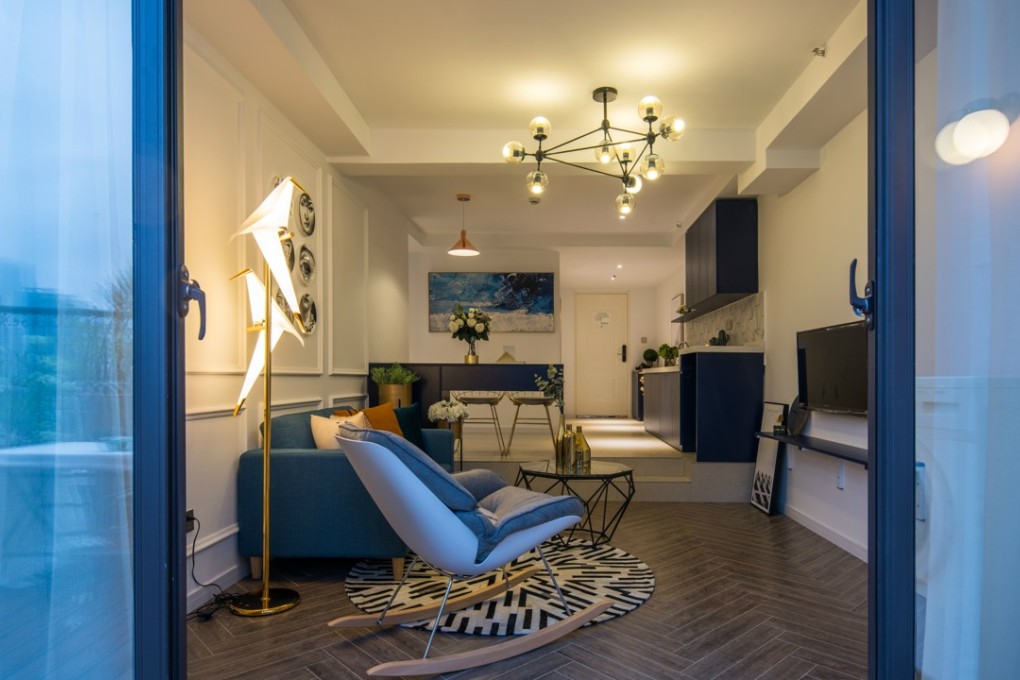Shanghai’s ‘co-living’ operator Harbour Apartments eyes expansion in eight Chinese cities including Hong Kong
Harbour’s target is to create 20,000 rentable co-living units by the end of 2017, to quadruple that number to 80,000 by 2019, and hit the million market with a possible float of Harbour within five years

Rented flats targeted at tech-savvy, upwardly mobile, and certainly more sociable millennials are sprouting like mushrooms in the country’s major cities. And Shanghai’s Harbour Apartments typifies the breakneck speed of change now taking place in the sector.
The firm – which bills itself a “co-living” flat operator – started operating in 2015 and recently received 400 million yuan ($60.14 million) investment from two firms including Hong Kong-based Gaw Capital Partners.
Its target, says 39-year-old founder and now chief executive Huang Haibin, is to create 20,000 rentable co-living units in eight Chinese cities including Hong Kong by the end of 2017, to quadruple that number to 80,000 by 2019, and hit the million mark with a possible float of Harbour within five years.

What’s driving that ambition, he adds, are China’s still-skyrocketing home prices in largest cities, pushing more people towards genuine quality on the rental market.
Huang felt so strongly about that lack of supply, that he was prepared to leave his high-profile position as president of Star Capital – one of the country’s largest private equity property funds, owned by conglomerate Fosun – to create Harbour.